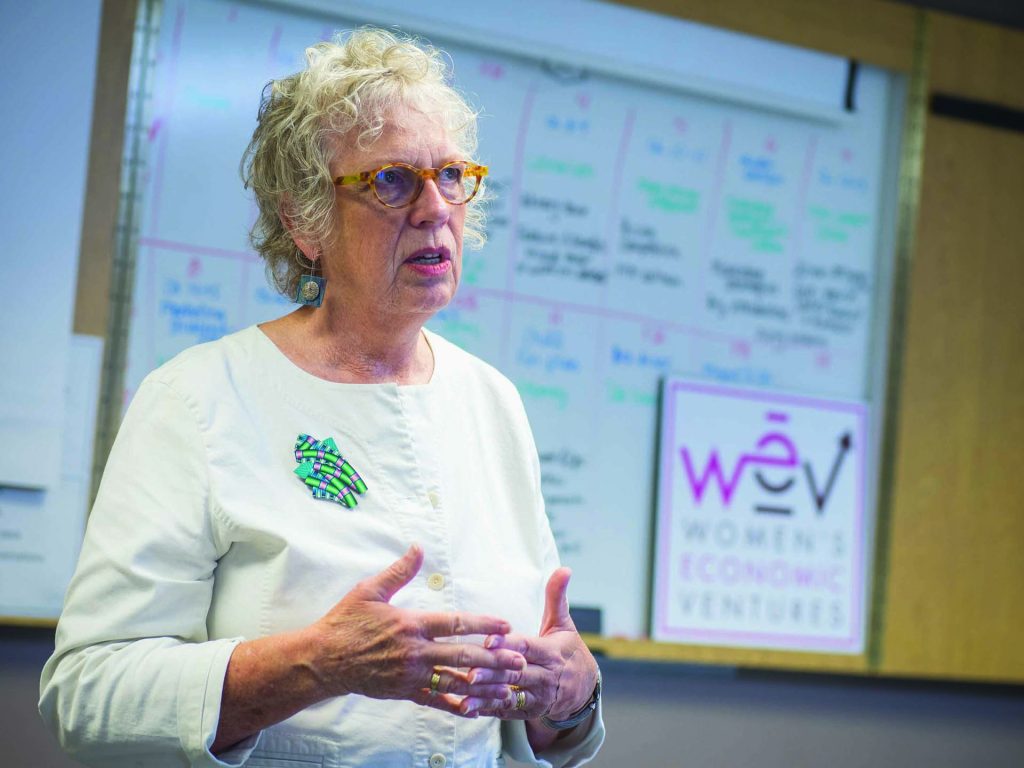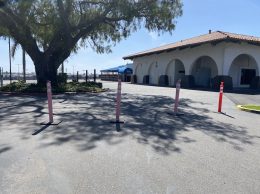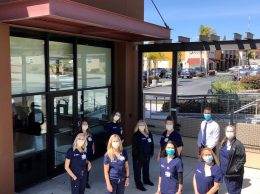
Marsha Bailey is founder, president and CEO of Women’s Economic Ventures.
By Marsha Bailey
If you don’t speak acronym, you may not know what a “CDBG” or a “CDFI” is. You’re even less likely to know how these federal government programs, both of which are on the chopping block, impact you and your community.
The Community Development Block Grant Program is a U.S. Department of Housing and Urban Development program established in 1974 under the Ford administration. CDBG funds are awarded to state and local governments based on population and must benefit low- and moderate-income people and neighborhoods. CDBG funds are typically used for infrastructure, anti-poverty and economic development programs. Perhaps the most important aspect of the CDBG program is that it allows local communities to make their own decisions about how the funds are allocated. Funds can be used, for example, to upgrade the safety and security of local playgrounds, to put a new roof on the battered women’s shelter or to support low-income housing. Fifteen percent of the funds also support essential non-profit community services.
In the mid-90s, Women’s Economic Ventures received $100,000 in CDBG funds from the city of Santa Barbara to launch our microloan fund to provide start-up and expansion loans to promising entrepreneurs (both men and women) who are unable to access conventional financing. Since then, WEV has leveraged that initial grant with private grants and bank investments by a 19:1 ratio. WEV has made more than $4 million in start-up and expansion loans to pre-bankable businesses in Santa Barbara and Ventura counties.
Currently, WEV receives approximately $220,000 per year — 13.5 percent of our annual budget — in CDBG funding from five jurisdictions in our region to support our core business training programs. Training and business counseling can be as important to entrepreneurial success as capital. While half of all businesses fail within five years, WEV-supported businesses have an 80 percent survival rate.
The Community Development Financial Institutions Fund is even less well-known than the CDBG program. According to a recent article (Fast Company, March 16) CDFI, which costs each American just 79 cents a year, turned a $233.5 million federal appropriation in 2016 into “$2.1 billion worth of investments and loans across the U.S.”
The CDFI program, like CDBG, is targeted to low- and moderate-income communities and individuals. In the Tri-Counties, there are certified CDFIs dedicated to housing: The Housing Trust Funds of Santa Barbara and San Luis Obispo Counties, the Peoples Opportunity Fund of SLO County, and the Ventura County Community Development Corp. WEV is the only certified CDFI in the region dedicated to micro and small business lending.
According to Jennifer McGovern, CEO of the Santa Barbara Housing Trust Fund, “Santa Barbara County is the seventh least affordable small metropolitan area housing market in the nation. Our severe affordability gap between local wages and housing costs affects households across a broad range of socio-economic status.”
The $1.9 million in CDFI funding between 2012 and 2016 enabled SBHTF to close over $3.3 million in affordable housing loans that leveraged over $20 million to construct 103 affordable housing units. CDFI funds also support SBHTF’s first-time Workforce Homebuyer Program, loan loss reserves and, importantly, operational costs.
Since 2012, WEV has received $1.1 million in CDFI funding. Like SBHTF, we have used some of the funding for loan loss reserves, which has enabled us to leverage those funds 3:1 with new bank investments in our microloan fund. We’ve also used CDFI funds to increase staff and program capacity by hiring a bi-lingual loan officer, staffing our Spanish language programs in Oxnard and Santa Maria and supporting the growth of our Thrive in Five program, which provides long-term coaching for growing businesses. WEV-supported businesses generate nearly $300 million in annual sales throughout our region.
You’ve probably frequented one or more of those businesses: C’est Cheese, Carlyle Salon, Paradise Pantry, Tacos el Tizon, Brasil Arts, Chocolats du Calibressan, Scrubs on the Run, Shell’s Petals, Peace Works Travel, Goodland Kitchen, ZFolio, Heat Culinary, Artemis Animal Clinic, Taqueria Lindo Mexico, Barriere Energy, Santa Barbara AXXESS, Better Days Yoga and thousands more. In our 26-year history, we have helped an estimated 4,000 businesses start up or expand; businesses which have created or supported 8,700 jobs.
Both the CDBG and CDFI programs have a long history of bipartisan support. A loss of one of these funding sources would be daunting for our community. Losing both of them would be devastating.
So why does the Trump administration want to eliminate two programs that go to the very heart of the problems he identified in his campaign: the need for jobs, infrastructure investment and community development?
For me, that is a question in search of a rational answer.
• Marsha Bailey is the president, CEO and founder of Women’s Economic Ventures. She will be inducted into the Business Times Hall of Fame on May 18.






 Print
Print Email
Email

















